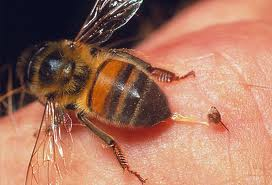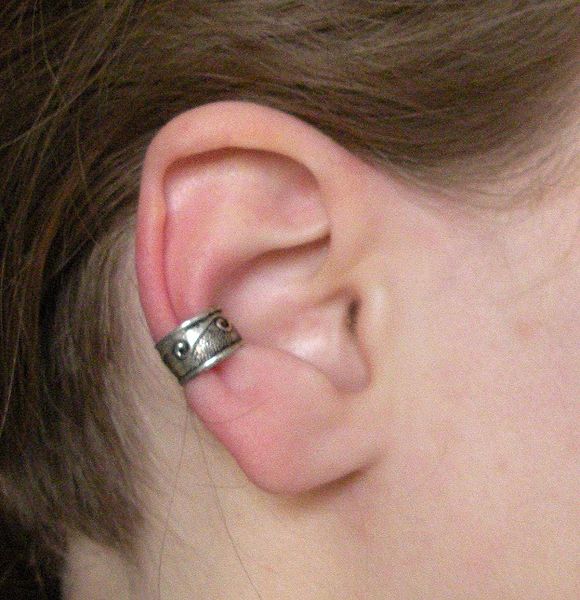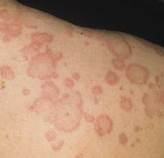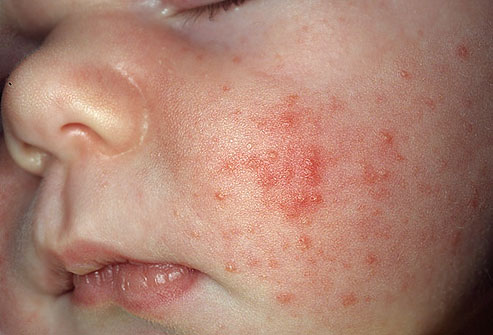Nut allergies are a common sickness especially in children. Medical studies show that nut allergies happen when the body abnormally reacts to something that is not harmful. In the case of nut allergies, the body thinks that the nuts are harmful. In reaction, the body fights off the nuts by releasing antibodies.
The antibodies affect the respiratory system, skin and even the gastrointestinal tract. The symptoms of nut allergies may be characterized from a minor irritation to more severe reaction like anaphylaxis.
People with nut allergies may develop allergies when they eat all types of nuts and foods that contain nuts as ingredients. However, people with nut allergies are also advised avoiding foods that are also processed in machines that uses nuts.
You may also consider avoiding the nut trees as well because majority of people who have allergic reaction to foods with nuts, also develop allergies to nut trees.
What are the Symptoms of Nut Allergies?
Symptoms of nut allergies may develop within a couple of minutes after exposure. Some of the symptoms nut allergies may include:
- Hives
- Swelling
- Itching feeling in the mouth
- Diarrhea
- Abdominal pain
- Vomiting
- Nausea
- Heaviness of the chest
- Wheezing
- Runny nose
Severe nut allergies may result to anaphylaxis. This medical emergency requires medical treatment immediately. Some of the symptoms of anaphylaxis associated with nut allergies are:
- Breathing problems
- Swelling of the throat
- Increased pulse rate
- Lightheadedness
- Loss of consciousness
- Anaphylactic shock
When are the Causes of Nut Allergies?
Nut allergies develop when the body identifies the nuts mistakenly as harmful proteins. To fight off the allergens, they release chemicals into the bloodstream. The exact cause of nut allergies are not known but exposure to nuts that can cause allergies may include:
- Direct contact to the nuts may develop nut allergies. Direct contact includes eating the nuts or eating foods that contain nuts. Skin contact may also trigger nut allergies.
- Cross contact to nuts may also trigger nut allergies. Cross contact includes foods that are exposed to nuts during food processing.
- Inhalation can also cause nut allergies. Inhalation of peanut oil or flour may also cause nut allergies.
What is the Risk Factors Affecting Nut Allergies?
Nut allergies may develop to anyone but there are risk factors that increase the possibility of developing nut allergies.
Some of the risk factors of nut allergies are:
- Age is one big factor in developing nut allergies. Studies show that infants and toddlers are more at risk of developing nut allergies.
- Those who have history of nut allergies may also have another bout of nut allergies later on. Some children who have nut allergies may outgrow them but in some cases, nut allergies may recur.
- If the person has, other food allergies may also develop allergies to nut.
- If there are family members that have nut allergies, you are also at higher risk of developing nut allergies.
- People with eczema may also develop nut allergies.
What are the Treatments for Nut Allergies?
1. Medications
 A medication including antihistamines is the first form of treatment to nut allergies. It is used to lessen symptoms associated with nut allergies. It is normally taken right after the exposure to all types of nuts. However, antihistamines are not enough to stop symptoms of severe allergic reactions.
A medication including antihistamines is the first form of treatment to nut allergies. It is used to lessen symptoms associated with nut allergies. It is normally taken right after the exposure to all types of nuts. However, antihistamines are not enough to stop symptoms of severe allergic reactions.
2. Injections
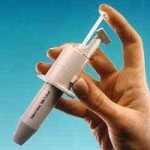 Injections are recommended to severe allergic reactions of nut allergies. You may ask your healthcare provider for auto injector since they may be used for emergency cases. However, auto injector should be handled with care. They should be carried with you at all times and likewise, make sure that they are not expired. Expired auto injectors may not work properly.
Injections are recommended to severe allergic reactions of nut allergies. You may ask your healthcare provider for auto injector since they may be used for emergency cases. However, auto injector should be handled with care. They should be carried with you at all times and likewise, make sure that they are not expired. Expired auto injectors may not work properly.
3. Visit the nearest hospital
 Auto injectors may reduce the severity of symptoms but they may not really respond to severe cases of nut allergies. You have to visit your nearest hospital for severe reactions like anaphylactic shock.
Auto injectors may reduce the severity of symptoms but they may not really respond to severe cases of nut allergies. You have to visit your nearest hospital for severe reactions like anaphylactic shock.
 4. Avoid all types of foods that contain nuts
 If you have previous allergic reaction to nuts, it is recommended that you avoid nuts and all foods that may contain nuts. Avoiding the allergen is the main treatment against nut allergies. Some of the foods that may contain nuts may include ice cream, cookies, energy bars, cereals and chocolate candies.
If you have previous allergic reaction to nuts, it is recommended that you avoid nuts and all foods that may contain nuts. Avoiding the allergen is the main treatment against nut allergies. Some of the foods that may contain nuts may include ice cream, cookies, energy bars, cereals and chocolate candies.
5. Read food labels
 Do not assume that certain foods do not contain nuts. It is recommended that you read the food labels. Avoid foods that are also processed with nuts. If you are not sure whether the food does not contain nuts, you may avoid it all together to avoid possible exposure to nuts.
Do not assume that certain foods do not contain nuts. It is recommended that you read the food labels. Avoid foods that are also processed with nuts. If you are not sure whether the food does not contain nuts, you may avoid it all together to avoid possible exposure to nuts.
6. Let the teacher know
 Let the teacher know that your child have nut allergies. This will help you monitor what your child eats and to avoid any episodes of nut allergies.
Let the teacher know that your child have nut allergies. This will help you monitor what your child eats and to avoid any episodes of nut allergies.
Nut allergies especially in children are one common reason for emergency trip to hospital. To avoid this, it is recommended that you monitor all the foods that your child eats to avoid any medical problems.

